Plastic dip coaters use a three step process. First, the product is cleaned and prepared for dipping. Objects are sometimes coated with chromate or phosphate to increase adhesion between the object’s surface and the molten plastic. Read More…
Precision Dip Coating provides dip coating services for the manufacture of soft plastic parts such as cap plugs. hand grips, and more. Decorative and protective, our services are very cost effective and we have a proven track record for on time delivery and precise manufacturing. We can match any color you need, and offer services such as assembly, die cutting, packaging, and decorating.
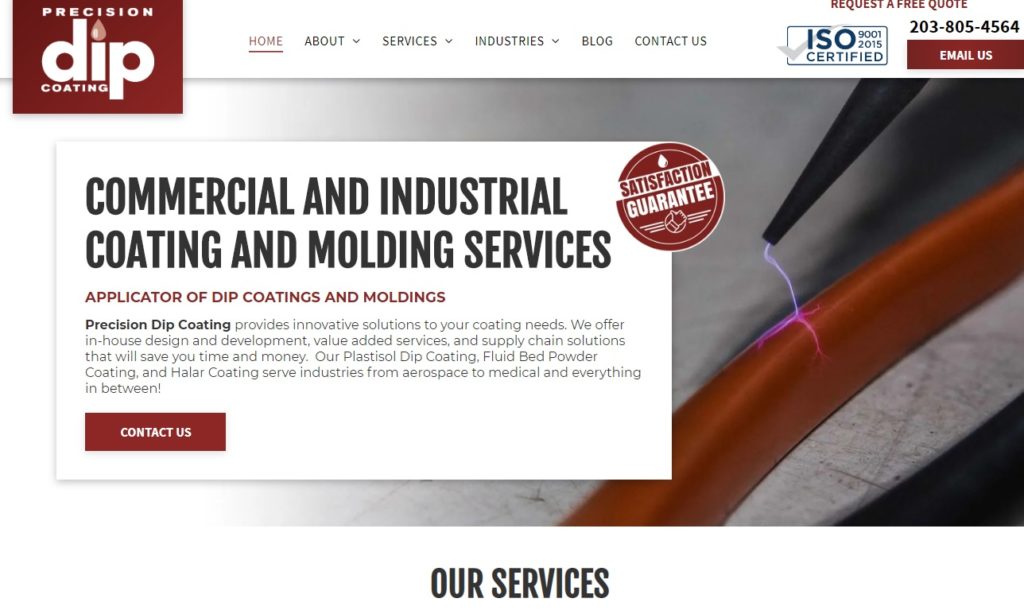
Carlisle Plastics is a dip molding plastics manufacturer offering end caps, plastisol paint masks, thread protectors, tube closures, protective caps and decorative caps.
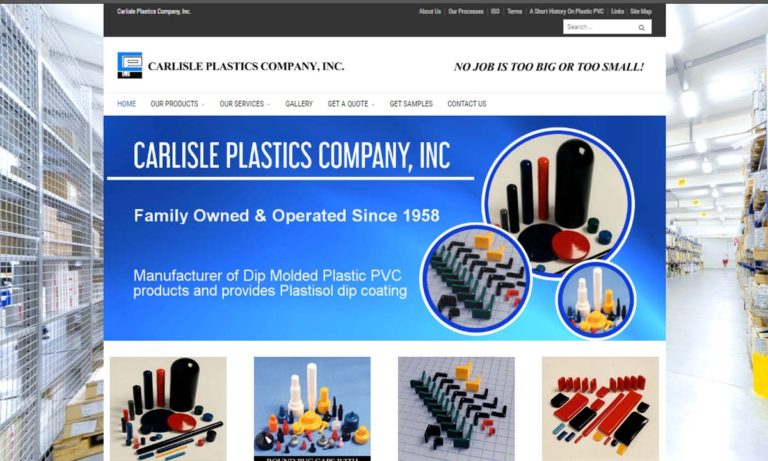
At Production Sciences, Inc., we pride ourselves on being pioneers in the realm of dip-molded plastics, sculpting a legacy of innovation and excellence that spans decades. As a collective force, we embody a commitment to precision, creativity, and unwavering quality in the realm of plastic manufacturing.
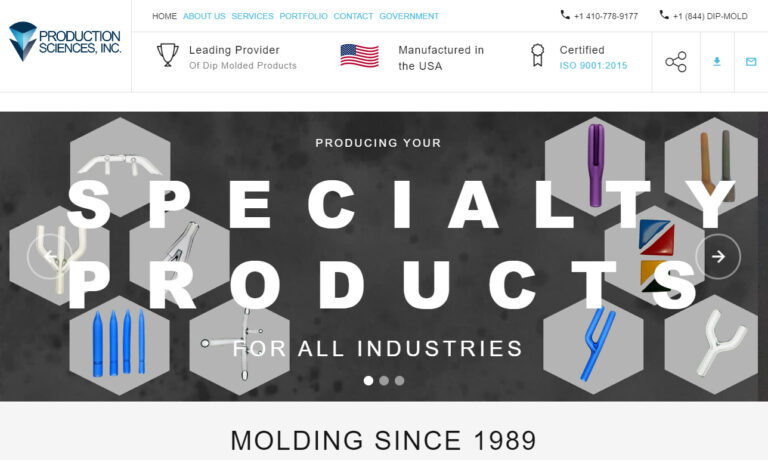
Innovative Coatings is a manufacturer of plastisol dip molding and fluidized bed powder coatings of epoxy, polyolefins, nylon and vinyl. Our dip coatings are of FDA-approved and biomedical grades.
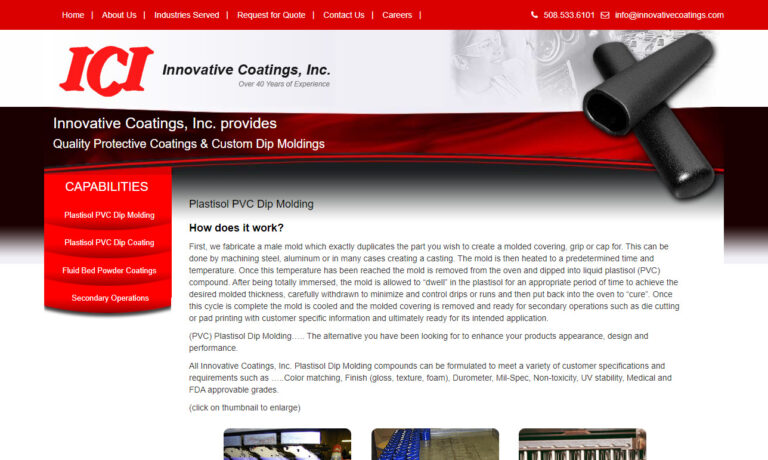
More Plastic Dip Coater Companies
The product is then dipped into the molten plastic and allowed to sit there for a specific time. The longer an object is submerged in the plastic, the thicker the coating will be. Lastly, the object is removed slowly from the molten material and allowed to dry.
Removal speed has to be slow and constant to prevent surface irregularities due to different thicknesses. Objects can be dried and hardened in a heat chamber to ensure fusion between the surface and the coating. Every day objects such as tool handles, fitness and sports equipment, and playground equipment have been dip coated in a melted plastic. The most common material choices for plastic coating are PVC (polyvinyl carbonate) and plastisol which is another form of vinyl.
The purpose of using dip coating is both decorative and protective. Plastic can be manufactured in many different colors, and can be finished according to a desired texture making the decorative capabilities of plastic dip coating very broad. Covering the handles of many everyday objects also improves the comfort and grip for those using the items. However, the more important reason for using dip coating is for its protective and insulative properties. Electrical wires and connectors and products such as jumper cables and plastic closures are covered by dip molding in order to provide thermal and electrical insulation.
Wire fences and other products intended for outside use are plastic coated to protect against corrosion. Further advantages of dip coating include the low labor costs due to the process being almost fully automated. As plastic tends to dry and harden quickly, dip coating can have a high volume turnover in a relatively short time which allows for large batches of products to be dipcoated. Dip coating is not limited by object size or dimension as the container of molten plastic can be adjusted according to dipping needs. For objects such as wire which typically is manufactured in long lengths, a continuous motion dip molding can be used, ensuring total coverage of the surface.

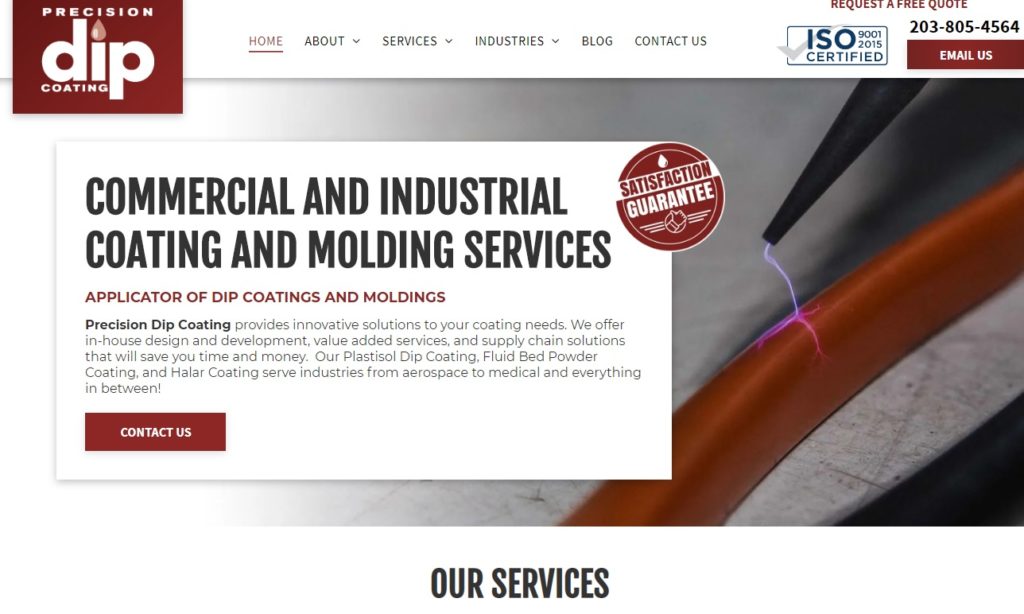



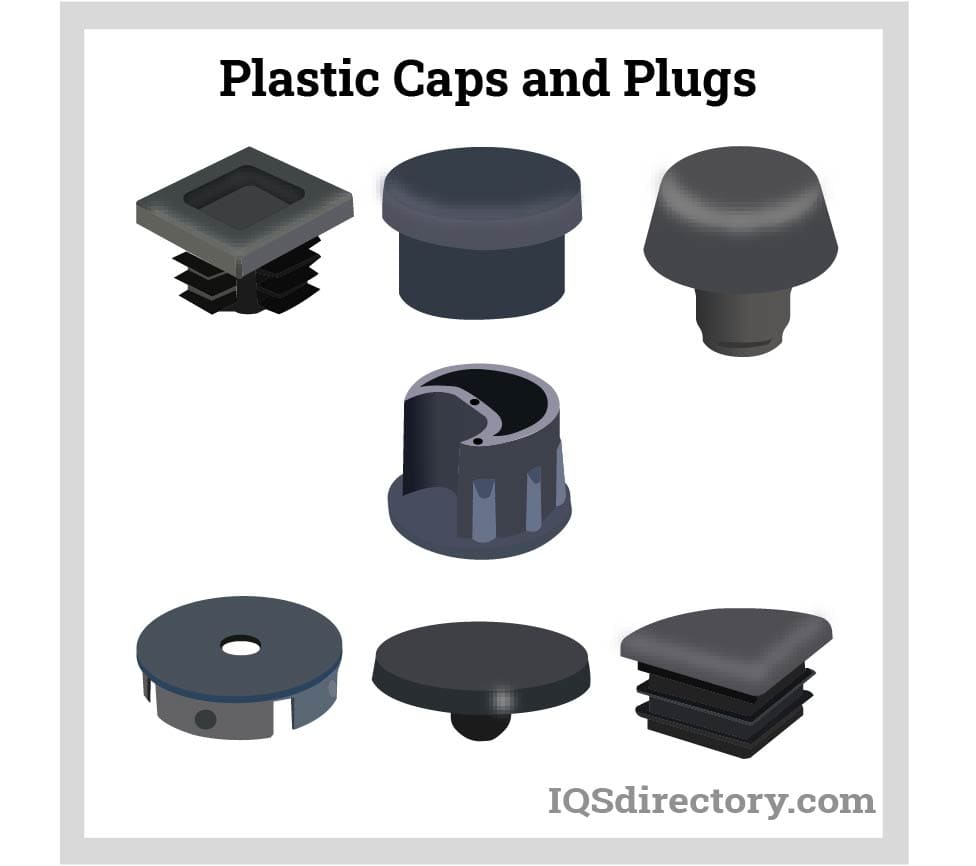
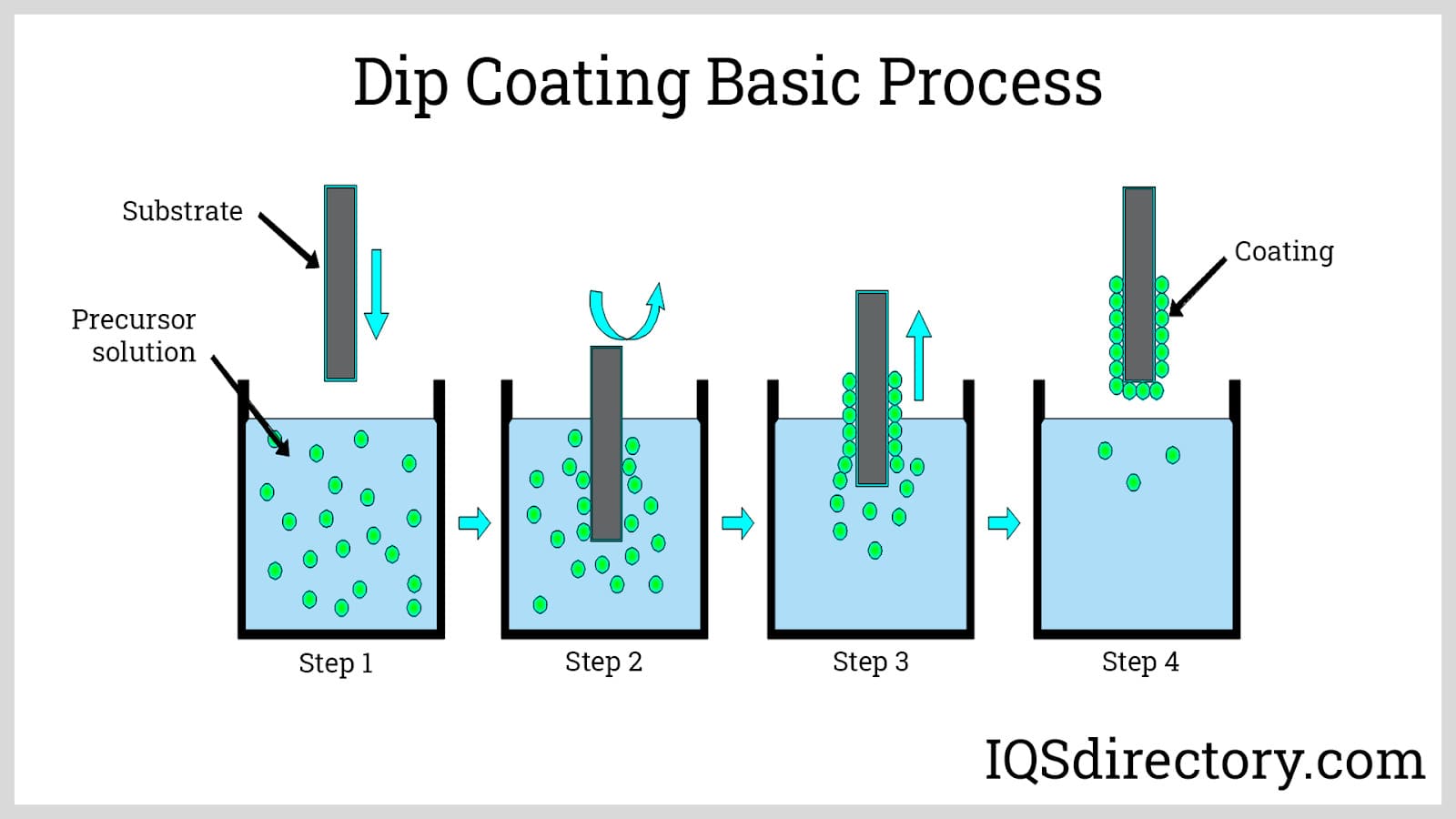
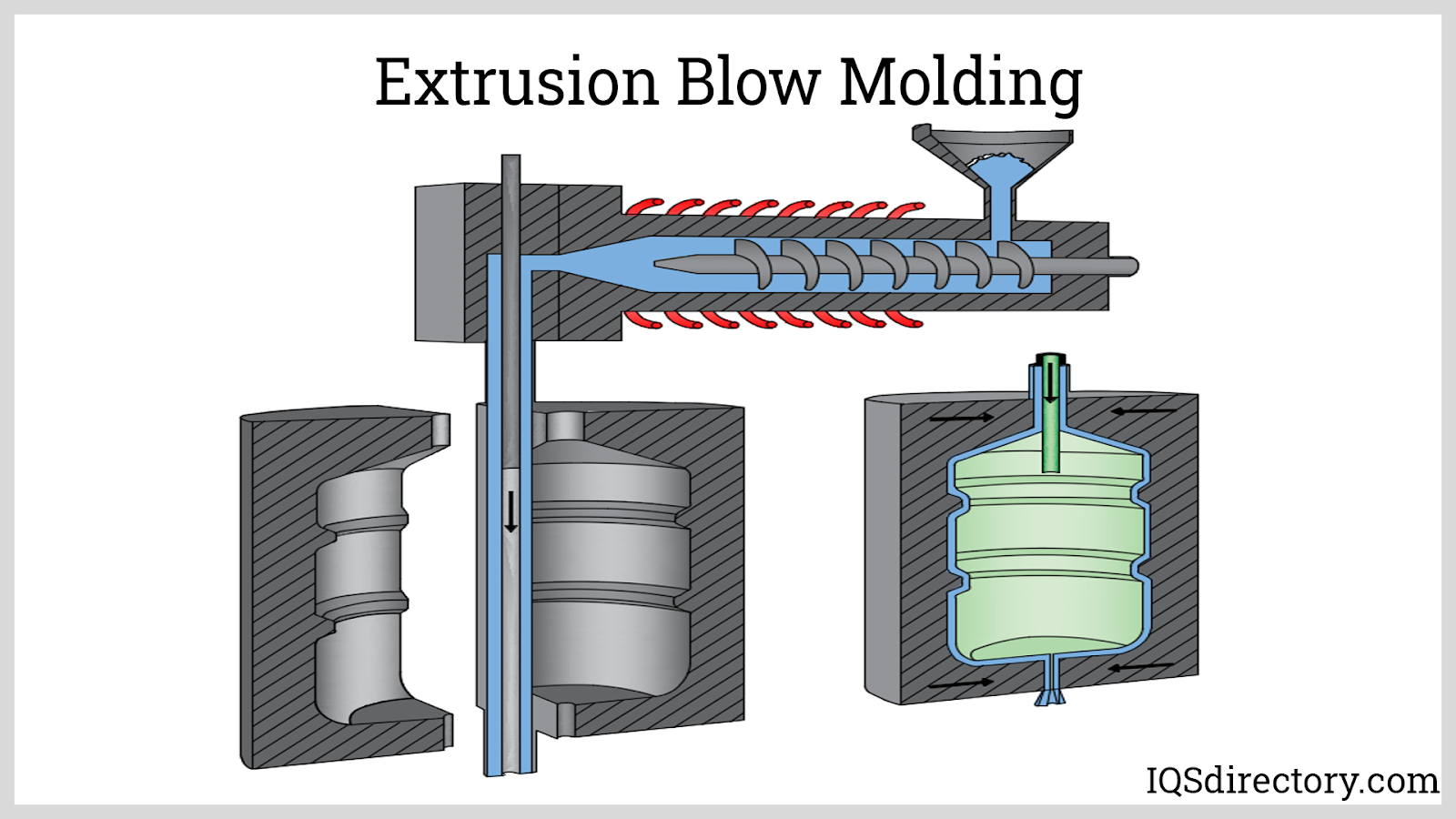
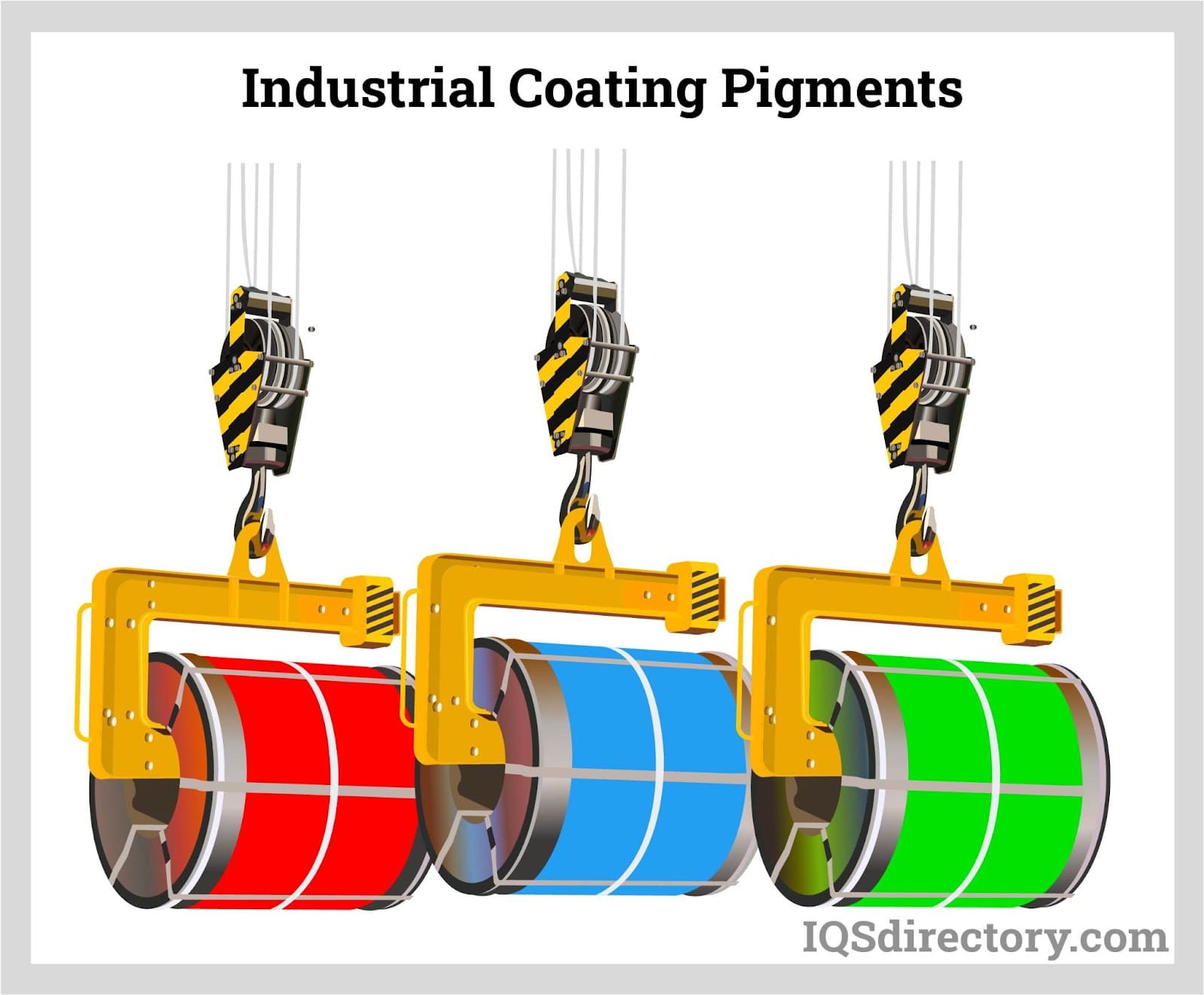

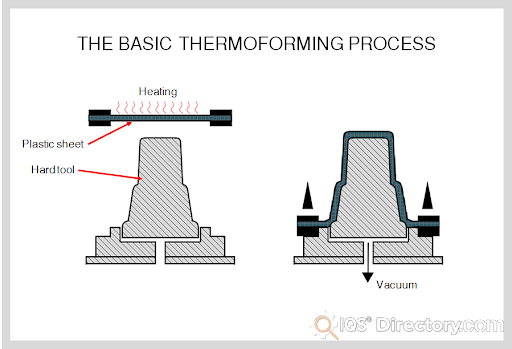
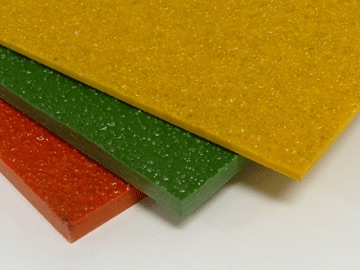 Fiberglass Fabricators
Fiberglass Fabricators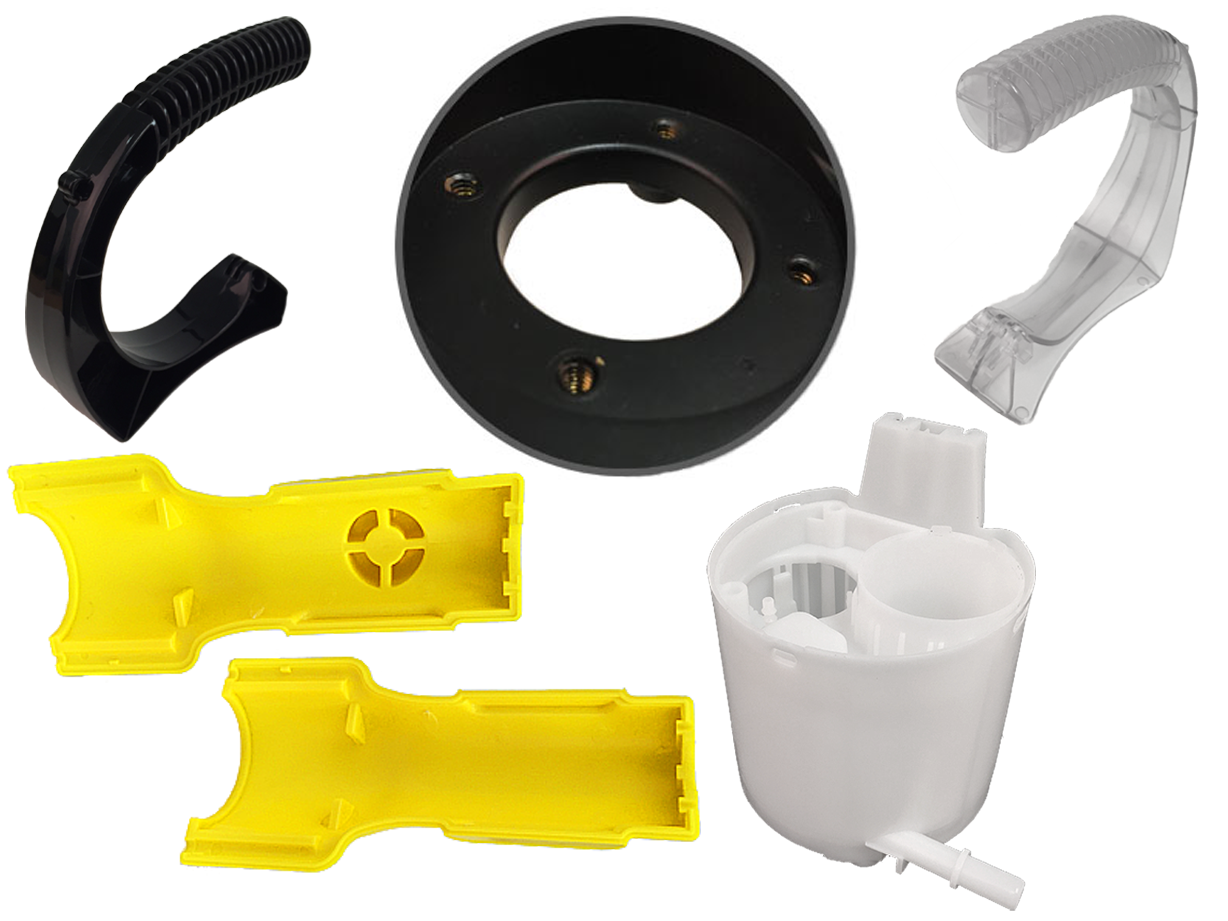 Injection Molded Plastics
Injection Molded Plastics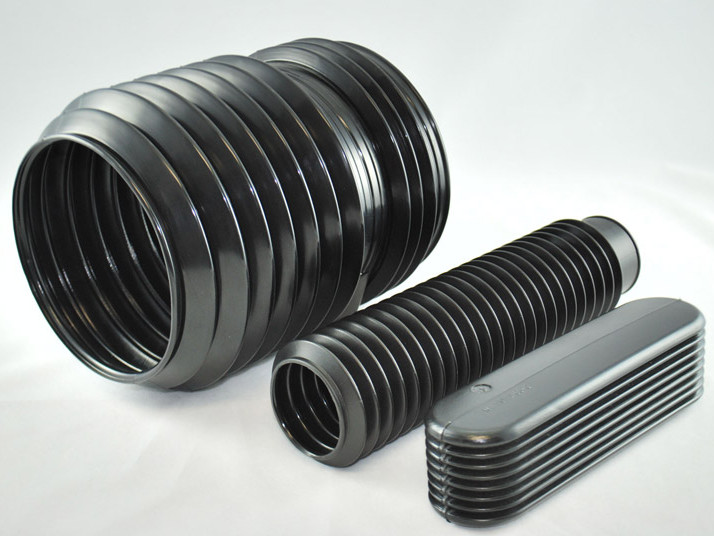 Plastic Blow Molding
Plastic Blow Molding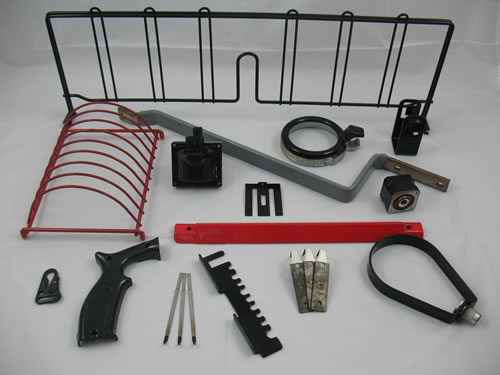 Plastic Dip Molding
Plastic Dip Molding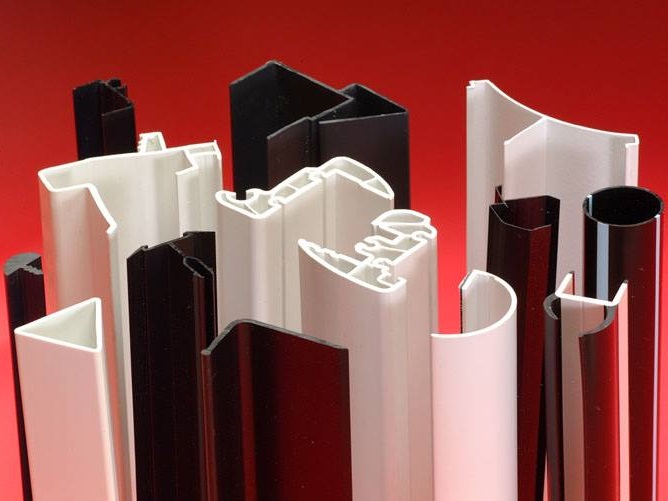 Plastic Extrusions
Plastic Extrusions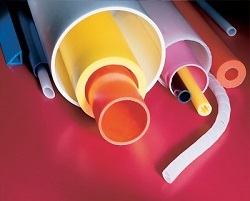 Plastic Tubing
Plastic Tubing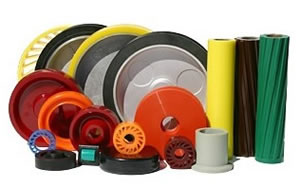 Polyurethane Molding
Polyurethane Molding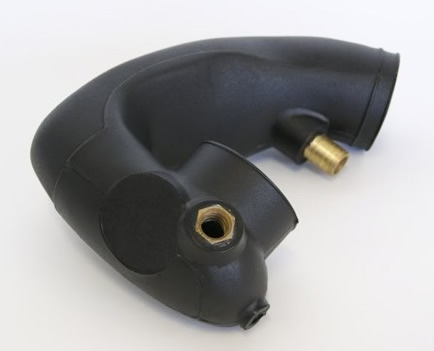 Rotational Molding
Rotational Molding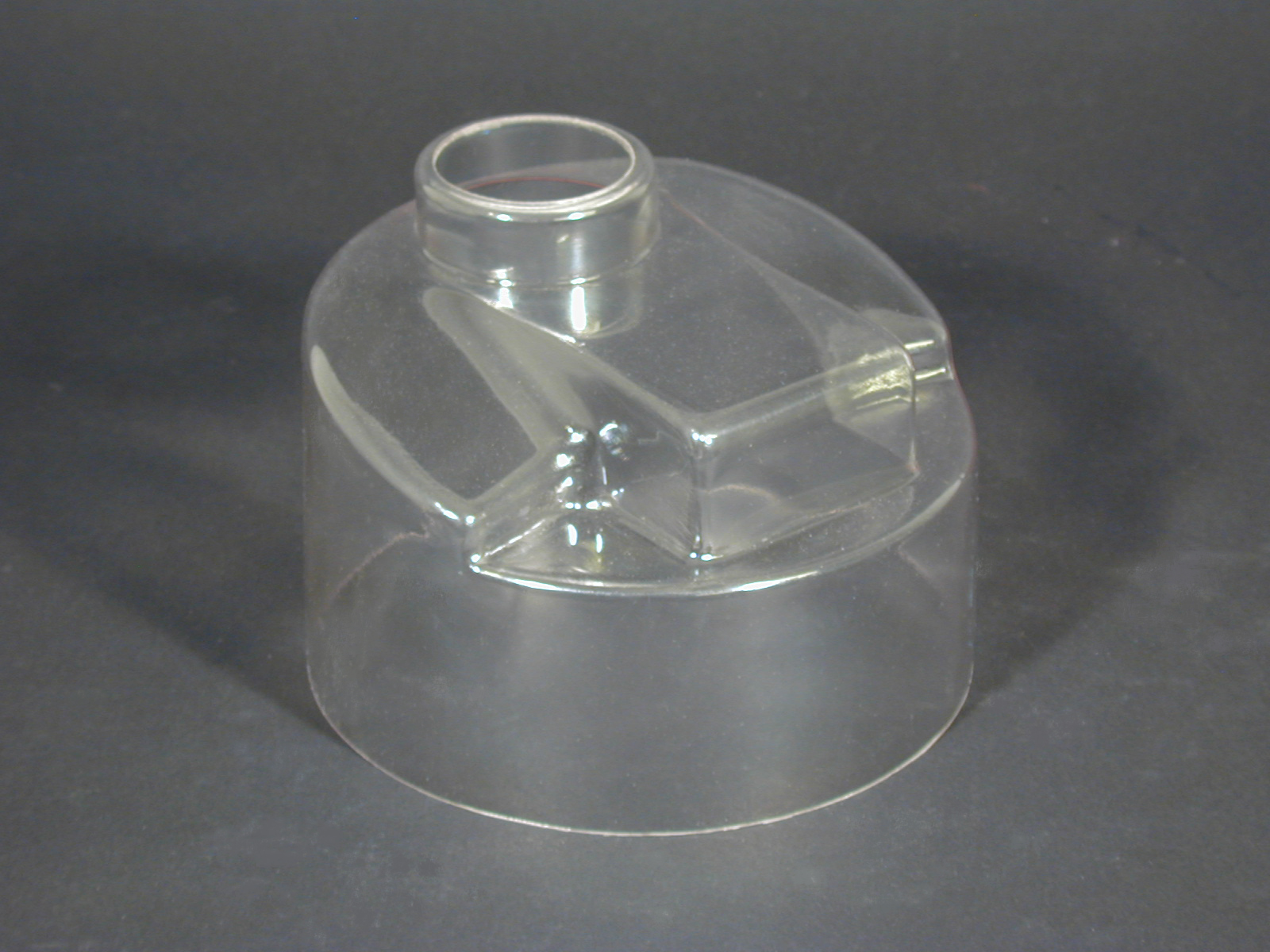 Vacuum Forming
Vacuum Forming Castings & Forgings
Castings & Forgings Bulk Material Handling
Bulk Material Handling Electrical & Electronic Components
Electrical & Electronic Components Flow Instrumentation
Flow Instrumentation Hardware
Hardware Material Handling Equipment
Material Handling Equipment Metal Cutting Services
Metal Cutting Services Metal Forming Services
Metal Forming Services Metal Suppliers
Metal Suppliers Motion Control Products
Motion Control Products Plant & Facility Equipment
Plant & Facility Equipment Plant & Facility Supplies
Plant & Facility Supplies Plastic Molding Processes
Plastic Molding Processes Pumps & Valves
Pumps & Valves Recycling Equipment
Recycling Equipment Rubber Products & Services
Rubber Products & Services